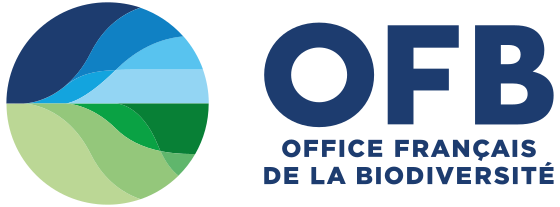Protecting Wetlands Regionally
As a key implementation partner of the Ramsar Convention, we lead global efforts to conserve and wisely use wetlands through local actions, international cooperation, and cutting-edge research.

Our Mission
To promote the wise use of wetlands in the SADC region and ensure stronger cooperation and synergies to effectively implement the Ramsar Convention and its strategic plans.
Our Vision
A Southern Africa and Indian Ocean Island states where wetlands across all member states are conserved, sustainably managed, and celebrated as vital ecosystems.
These wetlands support rich biodiversity, provide critical ecosystem services, and enhance the resilience and well-being of the communities that depend on them.
170+
Member Countries Collaborating
2,500+
Designated Ramsar Sites Protected
40+ Years
Of International Conservation Leadership
Our Values
Conservation
We are committed to the wise use of wetlands, safeguarding their ecological character to sustain biodiversity, ecosystem services, and human well-being for present and future generations.
Cooperation
Collaboration is at the core of our mission. We bring together stakeholders across the SADC region to promote transboundary dialogue and partnerships among governments, communities, and organizations to address shared challenges and opportunities.
Sustainability
We uphold Ramsar's principle of sustainability by advocating for the integrated management of wetlands, ensuring their ecological integrity while supporting livelihoods, cultural heritage, and economic resilience.
Inclusivity
We champion inclusive participation, empowering all stakeholders—particularly indigenous peoples, local communities, and vulnerable groups—to take an active role in decision-making for the conservation and wise use of wetlands.
Outcomes Focused
We emphasize measurable results and tangible impacts, driving meaningful progress in wetland preservation, education, and sustainable development across the SADC region.

